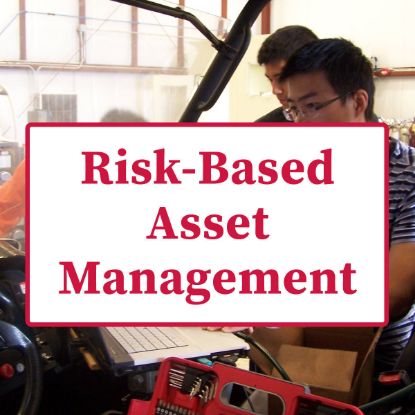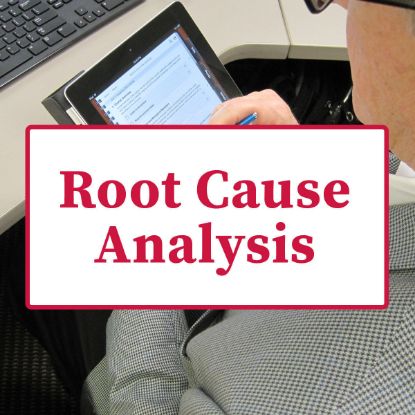Reliability Engineering Certification
The Reliability Engineering Certification (REC) prepares professionals to achieve maximum results in this strategic business role. The REC program is designed for people who are responsible for improving asset and capacity reliability and creating a culture of continuous improvement.
REC candidates must complete four required courses
View as
Reliability Engineering Excellence (Spring 2026)
Learn how a Reliability Engineer (RE) drives the value assets can deliver by overseeing equipment life cycle performance from concept through disposal. In Reliability Engineering Excellence, REs learn to build a business case for reliability, design reliability into a system or process before it’s built, identify operating risks and solve problems in all areas of asset management. Life Cycle Institute reliability experts facilitate class activities around system reliability modeling, ISO 55000-based assessment questions and how to use leading and lagging indicators to manage a reliability program.
$1,995.00
Risk-Based Asset Management (Summer 2026)
Explore how to improve asset availability and meet reliability goals by applying a risk-based approach to asset maintenance and operations. In the Risk-Based Asset Management (RBAM®) course, you practice how to prioritize reliability efforts on critical equipment and failures that impact your operation. RBAM incorporates reliability-centered maintenance (RCM) principles and continuous improvement practices like PDCA to position your program for decreased downtime, lower maintenance expenditures, and an acceptable total cost of ownership.
$1,995.00
Root Cause Analysis (Spring 2026)
Armed with what you learn in this course, you will apply a process for root cause analysis, establish a culture of continuous improvement, and create a proactive environment. Learn to ask the right questions, establish triggers that drive you to the RCA process, and perform cost-benefit analysis.
When you learn to practice true root cause analysis you are able to eliminate the latent roots and stop recurring failures once and for all. After this three-day course, you will be able to develop and implement an RCA program, thus leading your organization to reduced downtime, increased production and a more proactive culture.
$1,995.00
Predictive Maintenance Strategy (Autumn 2026)
Predictive maintenance (PdMS) is not a tool, technique or certification. Predictive maintenance is a philosophy that uses the equipment’s operating condition to make data-driven decisions and improve quality, productivity and profitability. Unlike industry courses that focus on applying specific technologies like vibration monitoring or oil analysis, this course focuses on establishing, managing and sustaining results from a comprehensive PdM program.
$1,995.00





